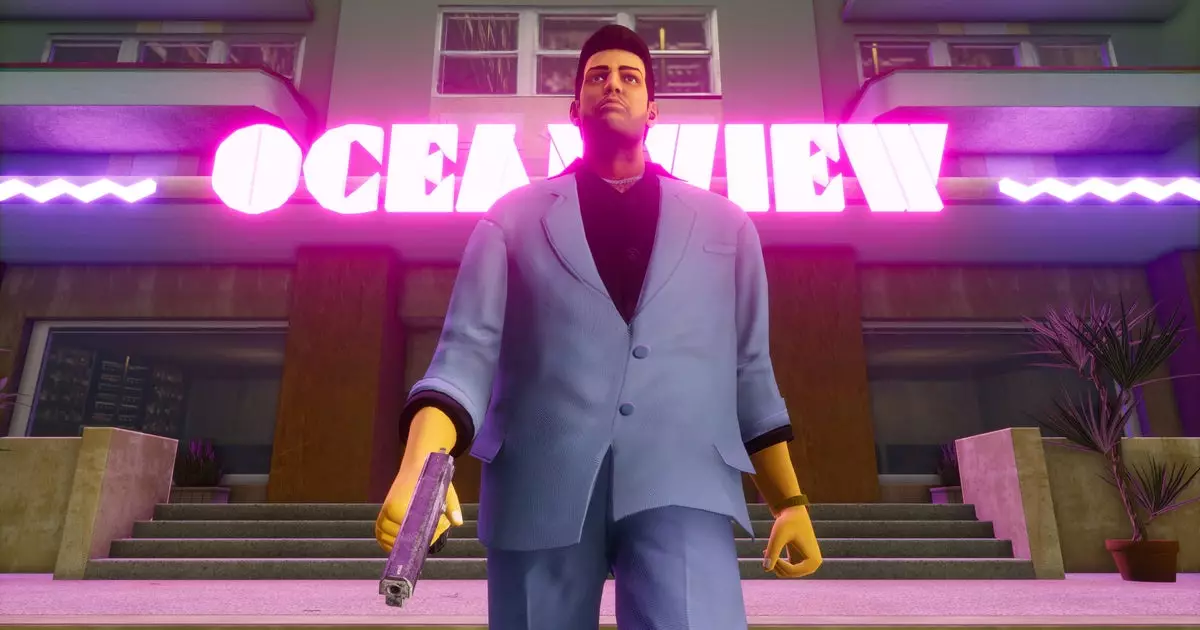Grand Theft Auto, commonly known as GTA, has left an indelible mark on gaming culture since its inception. For many gamers of a certain age, their first foray into this expansive universe conjures fond memories of chaotic fun, particularly with the early 3D titles. A vivid recollection from a gaming session years ago highlights the sense of humor and outrageousness that characterized the series. The thrill of watching a friend unleash mayhem with a baseball bat on unsuspecting characters encapsulates the series’ appeal—an open playground where anything was possible.
However, this nostalgia often clashes with the realization that newer generations may not fully appreciate the historical significance of these games. Unlike the simplistic graphics of yesteryear, today’s video games boast cutting-edge technology and complex narratives. While many players today might find the experience limited by contemporary standards, the original GTA titles broke boundaries and set the stage for what would become a gaming phenomenon.
Recent attempts to revive classic titles have drawn mixed responses from veteran players. The controversial release of “Grand Theft Auto: The Trilogy – The Definitive Edition” serves as a case study in how remakes can falter when trying to capture the essence of beloved classics. The patchy reception of this remaster demonstrates that simply updating graphics—adding features like the new “Classic Lightning” option—does not guarantee success. Some traditional gamers have expressed skepticism over whether minor graphical updates truly respect the original’s legacy.
Moreover, the decision to remove the remastering team’s logo from the splash screen raises ethical questions about accountability and ownership in the gaming industry. Players are left pondering whether these changes reflect a deeper issue within the publishing framework, where creative teams are often scapegoated for a product’s failures.
Amidst the current landscape, Take-Two Interactive, the parent company of Rockstar Games, remains optimistic about future releases, eyeing a projected Fall 2025 launch for the next main installment in the franchise. However, this confidence seems to overlook the tension between satisfying nostalgic players and attracting a new audience. Will the upcoming title focus on nostalgia, or will it push the boundaries of storytelling and gameplay further?
As fans await this new installment, they grapple with the question of what GTA will look like in the modern gaming environment. Will it maintain a sense of humor and mischief while adapting to contemporary themes and player expectations? The challenge lies in balancing nostalgia with progression, a task that has proven difficult for many franchises in a rapidly evolving industry.
Ultimately, the legacy of Grand Theft Auto is a reminder of the ever-changing landscape of gaming. What once was revolutionary may now seem archaic, yet the impact of these early titles remains undeniable. As gamers, we are left to reminisce on the laughter, the chaos, and the irresistible allure of a world where rules seem to be rewritten with each playthrough.

